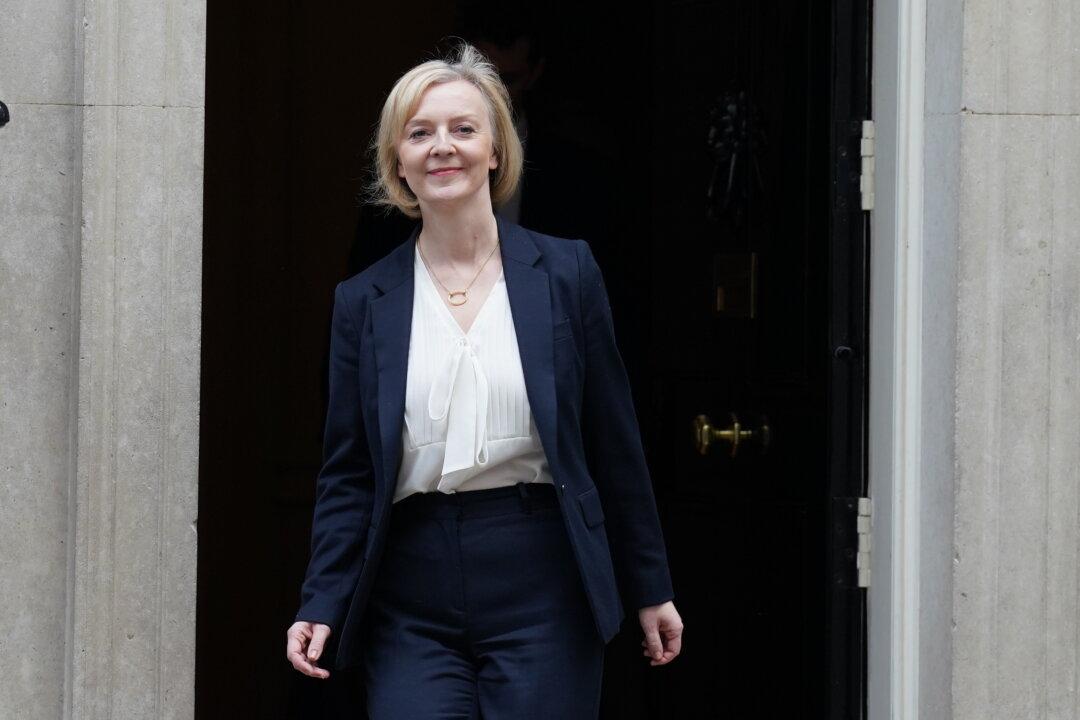UK Prime Minister Liz Truss is fighting for her political survival as MPs from her own party turn against her following the catastrophic consequences caused by her economic plan.
Truss became prime minister on Sept. 5, although her position has been seriously weakened after her “mini-budget,” which included £45 billion ($50 billion) of unfunded tax cuts, spooked financial markets and caused the pound to fall and borrowing costs to soar.





